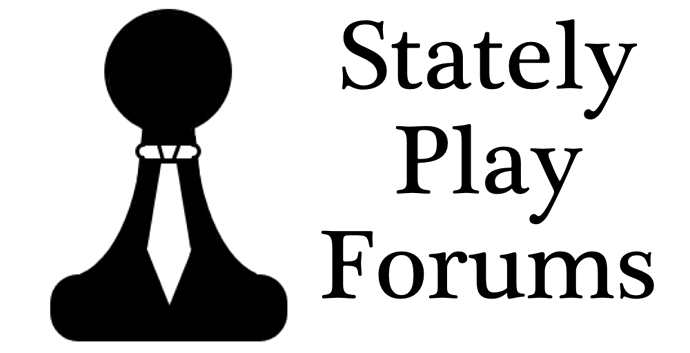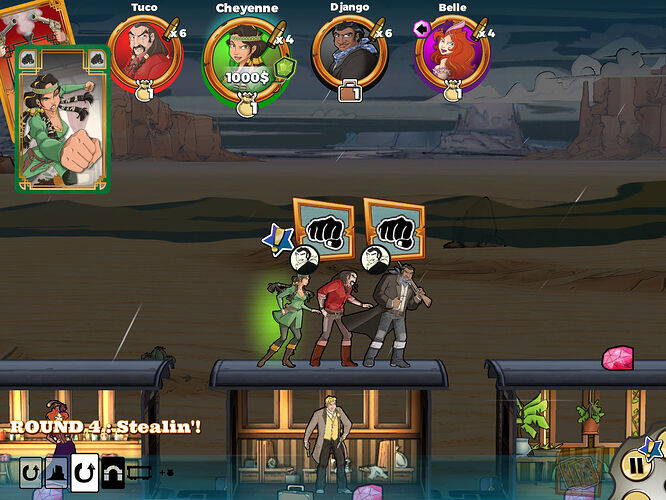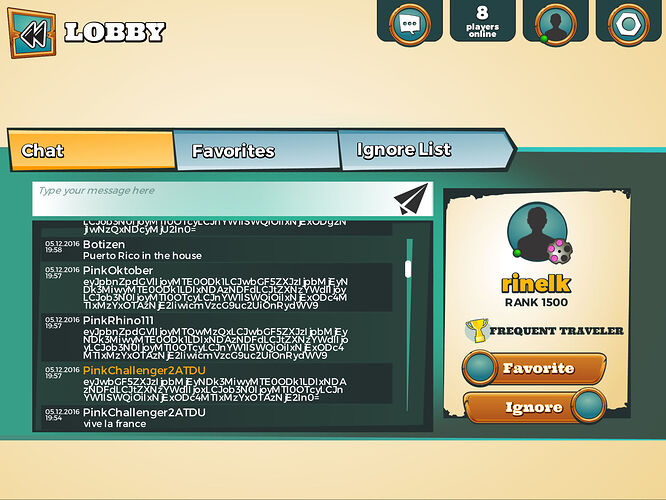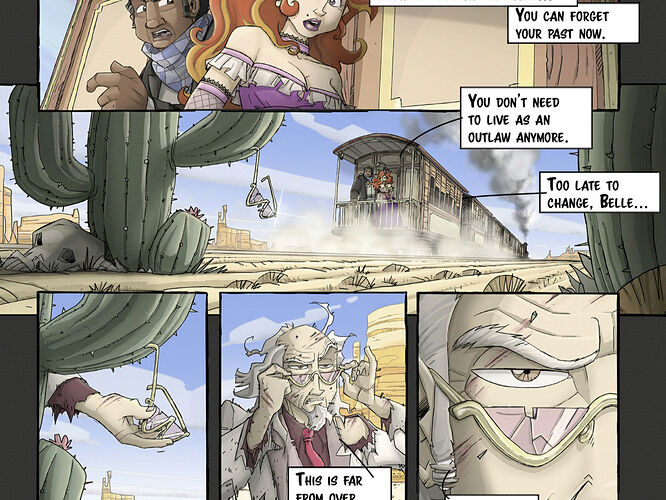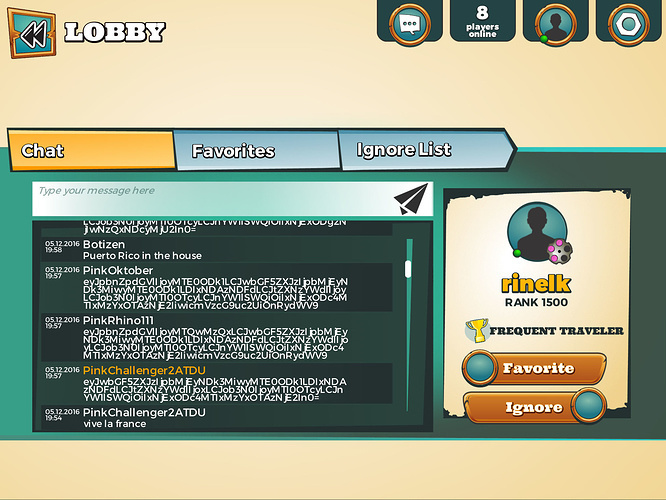Originally published at: http://statelyplay.com/2016/12/06/review-colt-express/
Colt Express has two things I adore: an Old West theme of bandits robbing a train, and programmed movement with character decks. Westerns are in sort of a tough place right now. The themes common to westerns are largely in tension with some now-common values, so it’s difficult to make them without effectively taking a controversial political stand (either to support those themes, or explicitly reject them). As a result, family-friendly western content is rare these days. Admittedly, I have never seen Sheriff Callie’s Wild West, but Wikipedia tells me it occurs in the town of “Nice and Friendly Corners”. I am now imagining Fred Rogers in a poncho, chomping a cigarillo, and my attempt to deride the western credentials of the Disney Junior show has gone totally off the rails as I embroider that fabulous image.* Anyway, a western family game stands out.
But, while the theme is a treat, it’s necessarily superficial. What won the game the Spiel des Jahres is largely the way it packs so much game into such a simple ruleset, and the key to that is the decks. Each player has a small deck of cards, each of which represents an action their character can take, such as picking up loot, moving horizontally or vertically, and shooting. But rather than occurring immediately, each of the actions you’ll take during the round must be selected before any of them are executed, and several of the actions have a degree of discretion when they occur, rather than when they’re played. As a result, you can’t know when you’re playing later actions in the round exactly where the players will be, nor perfectly control the effects of your actions. This introduces a limited measure of chaos you must attempt to mitigate by keeping various contingencies in mind. Failure is nearly inevitable and usually amusing.
[caption id=“attachment_503” align=“aligncenter” width=“2048”]
I would like to punch Tuco (known as “The Rat”). Apparently his other aliases include “The Bug”.[/caption]However, all of that is common to programmed-movement games (the first of which I played was Richard Garfield’s RoboRally, a marvelous game for its time which has come to seem overly long and fussy two decades on). The fact that each character has the same mix of cards in their deck seems a missed opportunity; it would have been neat to emphasize their distinctness not only with the unique special power each already has, but also with a different proportion of cards which would make some characters more mobile, others more reliant on their fists or firearms. However, as the game progresses, characters’ decks diverge as useless cards are added whenever they get shot. That simple mechanic makes shooting (which puts a useless card in your target’s deck) early very powerful, as those dead cards will come up in opponents’ hands more, causing them to waste precious turns drawing three new cards and cursing varmints like you.
The other element which caught a lot of eyes was the three-dimensional train on which the game is played. While an electronic version can’t have that until we develop the technology to power games like Dejarik, the presentation has clearly been given loving attention. This is one of the few games I play in which the sound stays on, because the soundtrack so perfectly matches a theme which is somewhat original but rich in allusion and references to cinematic greats. You could also call it knock-off Morricone, which is equally accurate, but his soundtracks are so familiar and comforting that I heart it. That’s right–I just expressed my appreciation by typing out an emoji. I don’t even words anymore. Meddling kids! Anyway, the game is lightly but effectively animated, and the interface has numerous small but thoughtful touches.
With such a marvelous foundation, I cannot help hoping that some day they program an AI which isn’t terrible, fix the numerous bugs, and build a multiplayer interface which isn’t hideously opaque. The matchmaking seems to use the same accounts as Days of Wonder games, so presumably the backend is fine, but I never succeeded in finding a single game. It’s possible that the quick play option is meant to be the “join someone else’s lobby” option, but it never worked that way for me. Instead, it would start a lobby with random options and then spin its progress indicators indefinitely. On one occasion someone else entered my lobby, and then left again. Tumbleweeds are, at least, thematically appropriate, but without a decent AI, a working multiplayer component is crucial to giving the basic game the longevity it deserves (and seems necessary to unlock a variety of cosmetic upgrades through achievements).
[caption id=“attachment_504” align=“aligncenter” width=“2048”]
Have those waiting for an online game been driven mad?[/caption]Only one addition keeps the game from being a terrible waste of development resources in its current state: the story mode. Though some of the missions are frustratingly difficult (or so easy as to be uninteresting), many of them are ingenious and tremendous fun. Because they provide intriguing rewards in the form of unlockable game variants and in-game comics, and it’s possible to skip around a good deal, this is the greatest draw of the app at the moment, and the account system means your progress automatically transfers between devices.
If you’re looking for a way to learn the rules to Colt Express and the game appeals to you enough that you’re interested in the story mode, it’s worth considering playing it now. Most readers are likely to prefer to wait for an update or two to address the game’s most glaring issues; without a strong AI or effective online play (likely always to be synchronous, due to the many minor interactions and substantial memory element), it’s useless as a way to explore the strategy the game offers amidst its chaos. For myself, I am excited enough about the quality work that’s been done that I very much hope it gets the extra attention it needs to deliver on its promise.
[caption id=“attachment_505” align=“aligncenter” width=“2048”]
Django should give more consideration to a mid-life career change.[/caption]*Incidentally, if you ever wonder whether it might be fun to photoshop Mr. Rogers’ head onto the Man With No Name, and go searching for an image of him looking angry, I wish you better luck than I had. Whatever he did with the mad that he felt, it doesn’t seem to have been captured on film. The best I could do was him flipping the bird with a smile.
